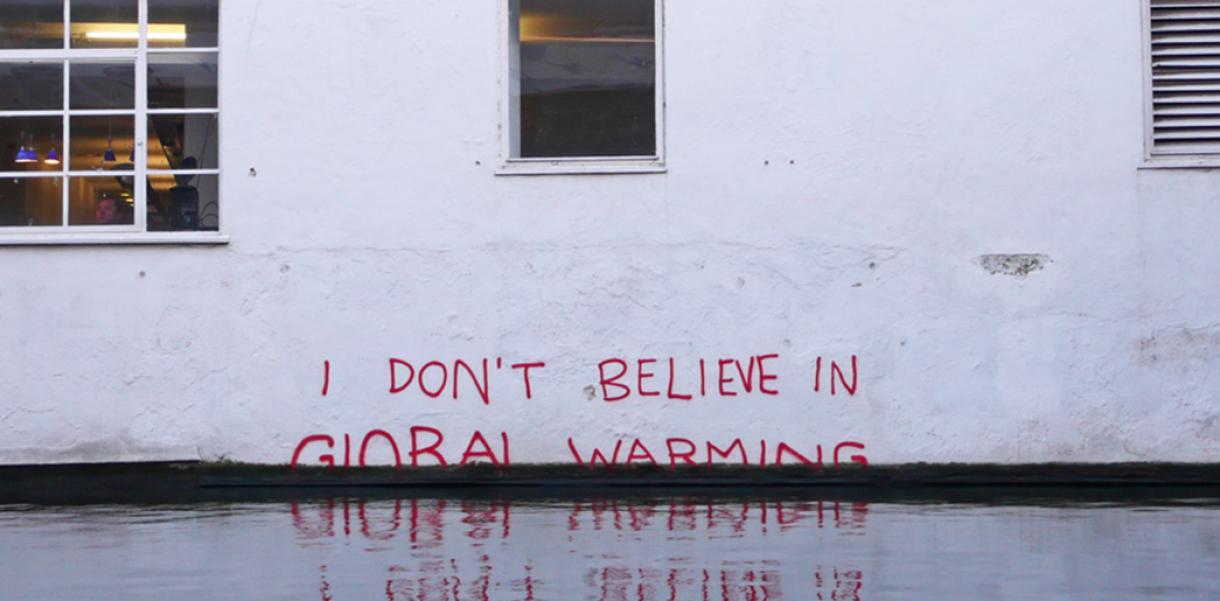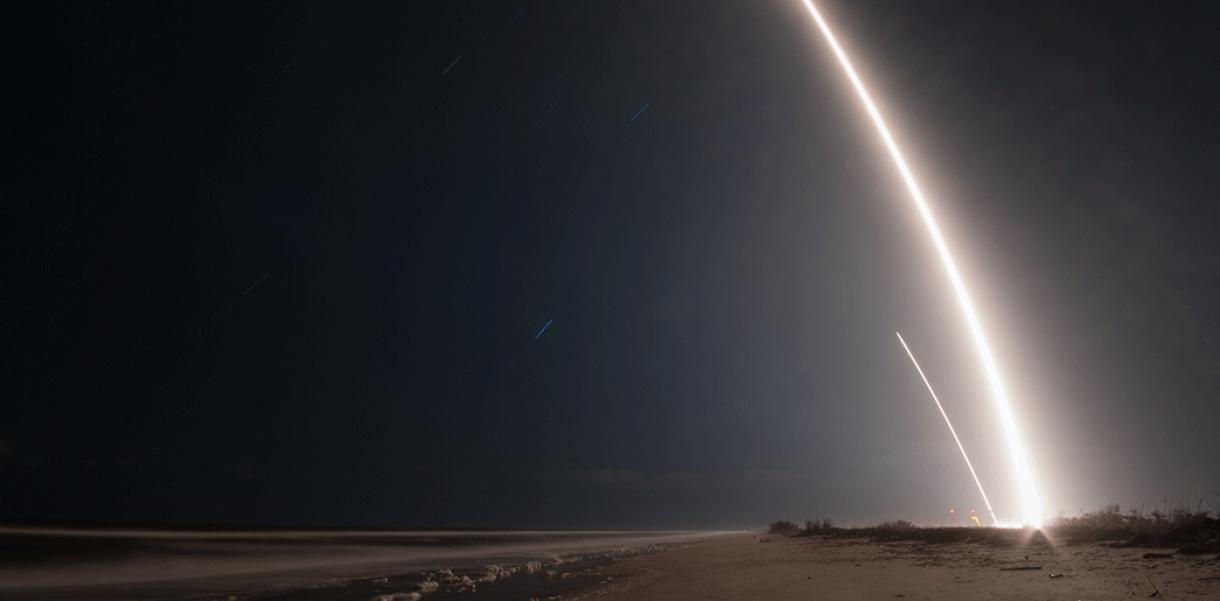This summer hit Europe like never before. Record-breaking high temperatures, droughts, heatwaves and panic – oh the panic!
Suddenly, everyone began talking, again, about how our governments aren’t doing enough to fight climate change. We got thousands of experts retelling us about how two or more degrees in temperature is condemning society and all of its effects and what the ones in charge –always this “they”– need to do.
Luckily, we individuals can still pay for our sins and contribute to the fight by buying CO2 quotas, keep our conscious at ease by only eating organic and go to sleep with a smile knowing that your favourite new t-shirt took not 2700 litres of water to produce, but only 2000 litres! Yay!
Lately, I have been constantly talking with friends about how we, as citizens, must step-up and begin taking responsibility and doing our part to solve the world’s global challenges. I have been preaching in conferences and in my talks about how we need to begin demanding products that not only are sustainable but also fair, ethical and responsible. How we, the people, cannot just sit back and hope that governments around the world will solve everything.
However, like myself, many people talk the talk, but only walk the talk as far as their comfort zone allows. Let me give some examples.
I know that transportation is one of the worst carbon emission industries. However, I still take a flight to Berlin, instead of taking the train or the bus. Of course, you say flying Copenhagen-Berlin takes only 45 minutes, while the bus takes 7 hours! Well, most people arrive at the airport two hours before travelling and then need around 45 minutes more to get from the destination airport towards downtown. Doesn’t this mean that we choose to save 3.5 hours of our time, instead of the planet? I’m not suggesting to ban flying. Take the flight if you need to travel thousands of kilometres! For 600km? Consider the train.
The same can be applied to fruits and vegetables. Many people, myself included, try to buy as much organic food as possible. But, we still want to eat bananas, strawberries and avocados all year round. What’s the point in buying organic, if your food needs to travel halfway across the world to your table? And don’t get me started on the incredible prices you end up paying for this. That deserves another blog post.
And now comes a really touchy example, especially for me coming from Argentina: the infamous meat industry (sorry dad!). According to The Guardian: “there are now 3.6 billion ruminants on the planet – mostly sheep, cattle and goats and, in much smaller numbers, buffalo – 50% more than half a century ago. Methane from their digestive systems is the single biggest human-related source of the greenhouse gas, which is more short-lived but around 30 times more potent than carbon dioxide in warming the planet”.
According to the UN Food and Agriculture Organization, global livestock is responsible for 7.1 Gigatonnes of Co2-equivalent emissions per year, representing 14.5 percent of all anthropogenic GHG emissions. On a commodity-basis, beef and cattle milk are responsible for the most emissions, respectively, contributing 41 percent and 20 percent of the sector’s overall GHG outputs. You can read the full report here.
I say to myself that since I mostly buy minced meat for burgers and pasta, I’m not so much part of the problem. Again, comfort zone. Today, I can go to the supermarket and for exactly the same price, buy a plant-based substitute for minced meat. It doesn’t taste as good, but again, better taste or real change? Decisions, decisions.
I can add more examples where we choose the easy route but I think these examples are showing a good picture of what I mean. If we want future generations to still have a planet to call home, without living in a heat-inferno tornado-ridden place, fighting for water while using gas masks, we need to begin doing something for real.
We need to step outside our comfort zone and perhaps end altogether with the comfort zone. I’ll conclude this post with spot-on guide created by the UN, aptly titled “The Lazy Person’s Guide to Saving the World” to help us take destiny into our own hands and walk the talk, without excuses.




